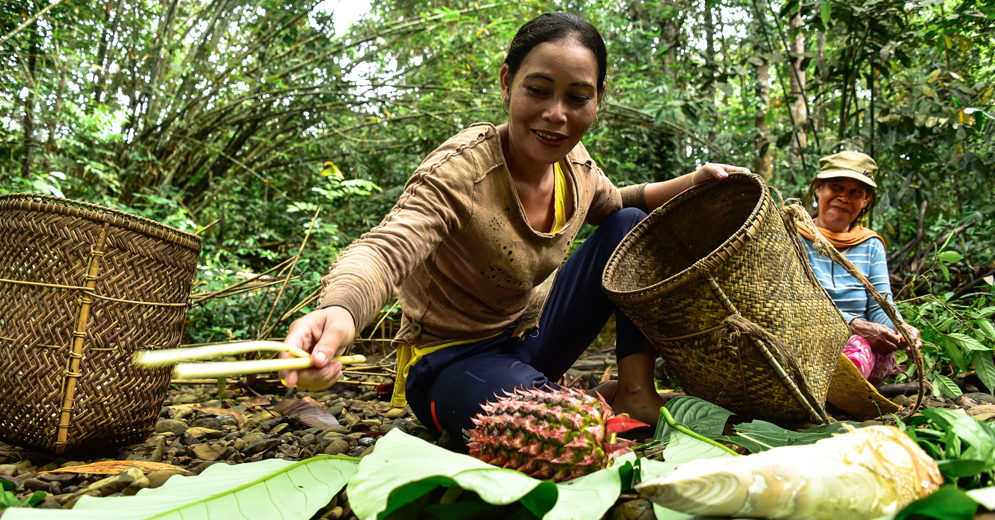

So, what’s driving this loss? Growing food is still by far the primary source of destruction Deforestation in Ghana, for example, surged by nearly 70 percent between 20, according to WRI. Last year, the Democratic Republic of the Congo (DRC), the basin’s largest country, razed more than half a million hectares (1.3 million acres) of primary forest, furthering the trend of rising deforestation in an ecosystem home to rare species including chimpanzees and forest elephants.Ī handful of other African countries, including Ghana, Angola, and Cameroon, stand out destruction there seems to be ramping up quickly. Halfway around the world in Africa’s Congo Basin, the planet’s other major rainforest, was yet another hot spot of destruction. The county lost nearly 0.4 million hectares (just under 1 million acres) of primary forest - the highest yearly amount on record and roughly a third more than it lost the prior year. But if you take fires out of the equation, Brazil had the highest level of deforestation in 2022 since 2005.Īlthough it has far fewer forests, the neighboring country of Bolivia also faced troubling rates of deforestation last year. (“Primary forests” refers to well-preserved, old-growth forests.)įorest fires caused a small portion of that loss in Brazil, according to WRI. It lost 1.8 million hectares (4.4 million acres) of primary forest, most of which occurred in the Amazon, the largest rainforest on Earth home to an extraordinary array of plants and animals. Remarkably, just one country was responsible for more than 40 percent of all tropical deforestation last year: Brazil. Countries in more temperate climates like Canada and Russia also lose a lot of trees each year (largely to wildfires) but that loss is often temporary new trees crop up where old ones burned down. Nearly all deforestation - i.e., the intentional and permanent destruction of trees - occurs in the tropics, the focus of WRI’s analysis.

Each year brings the same disappointing result - more forests gone - underscoring the need for solutions that extend far beyond simple pledges. On the whole, however, the world is still failing to arrest global deforestation, leading scientists to question how well various commitments and decades of conservation efforts work.

These ecosystems are both incredibly rich in carbon and home to iconic endangered animals like orangutans and tigers. The analysis did reveal a bit of good news: Once hot spots of deforestation, Indonesia and Malaysia have reined in forest loss in recent years, and that trend continued in 2022. “This year’s data show that we are rapidly losing one of our most effective tools for combating climate change, protecting biodiversity, and supporting the health and livelihoods of millions of people.” “Since the turn of the century, we have seen a hemorrhaging of some of the world’s most important forest ecosystems, despite years of efforts to turn that trend around,” Mikaela Weisse, director of WRI’s forest monitoring platform Global Forest Watch, told reporters on a press call last week. They help regulate weather, store vast amounts of carbon, and provide homes to the richest assemblages of wildlife on the planet. This is especially troubling considering that tropical forests are among the most important ecosystems on Earth. That’s a Switzerland-size area of forest gone, WRI said.Īlarmingly, the world lost 10 percent more tropical forest in 2022 compared to the previous year, indicating that countries are, on the whole, moving in the wrong direction.

More than 4 million hectares (about 10 million acres) of forests vanished from the tropics that year in places like Brazil and Central Africa, according to the analysis, which is based on data from the University of Maryland. Never before, it seems, has the world been this dedicated to stopping deforestation.Ī new analysis by the research organization World Resources Institute reveals that deforestation remained rampant in 2022. Over the last decade, dozens of companies and nearly all large countries have vowed to stop demolishing forests, a practice that destroys entire communities of wildlife and pollutes the air with enormous amounts of carbon dioxide.Ī big climate conference in Glasgow, in the fall of 2021, produced the most significant pledge to date: 145 countries, including Brazil, China, and Indonesia, committed to “halt and reverse” forest loss within the decade.


 0 kommentar(er)
0 kommentar(er)
